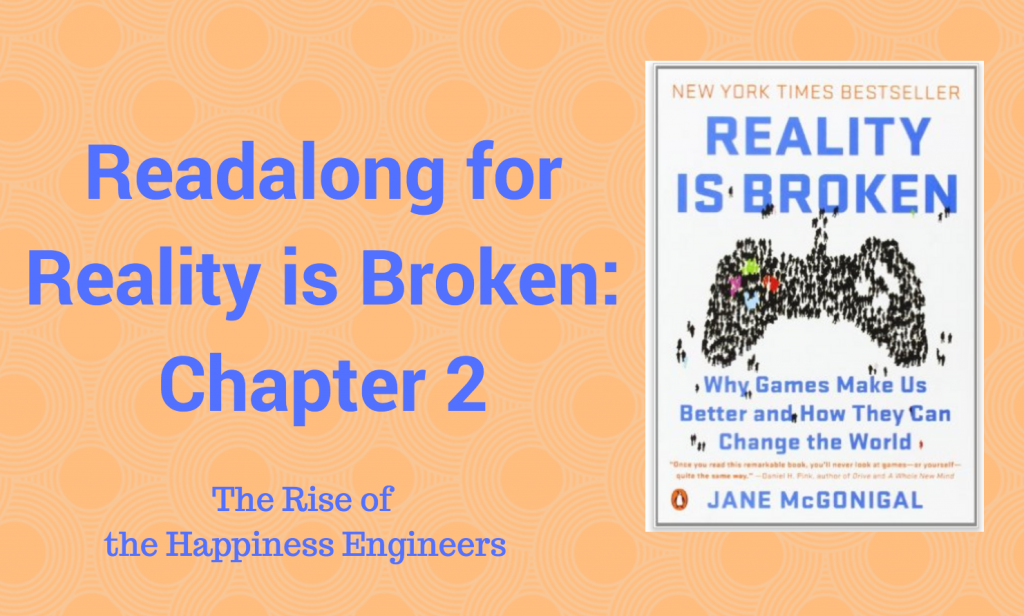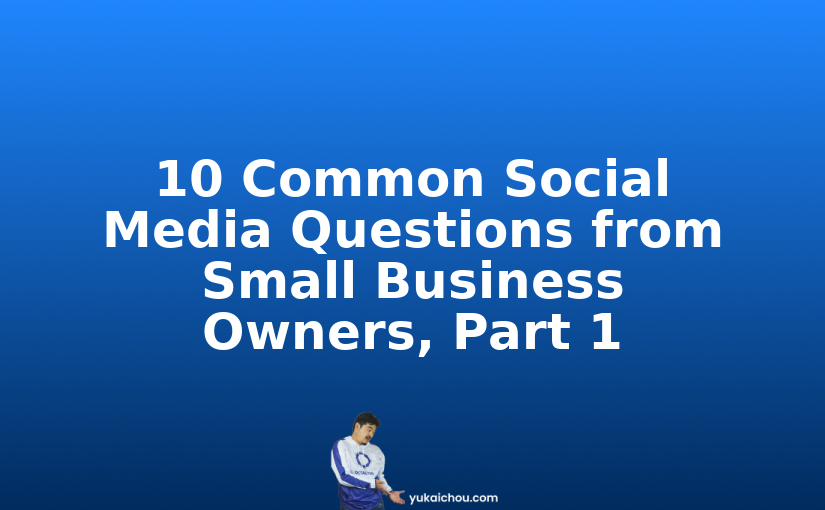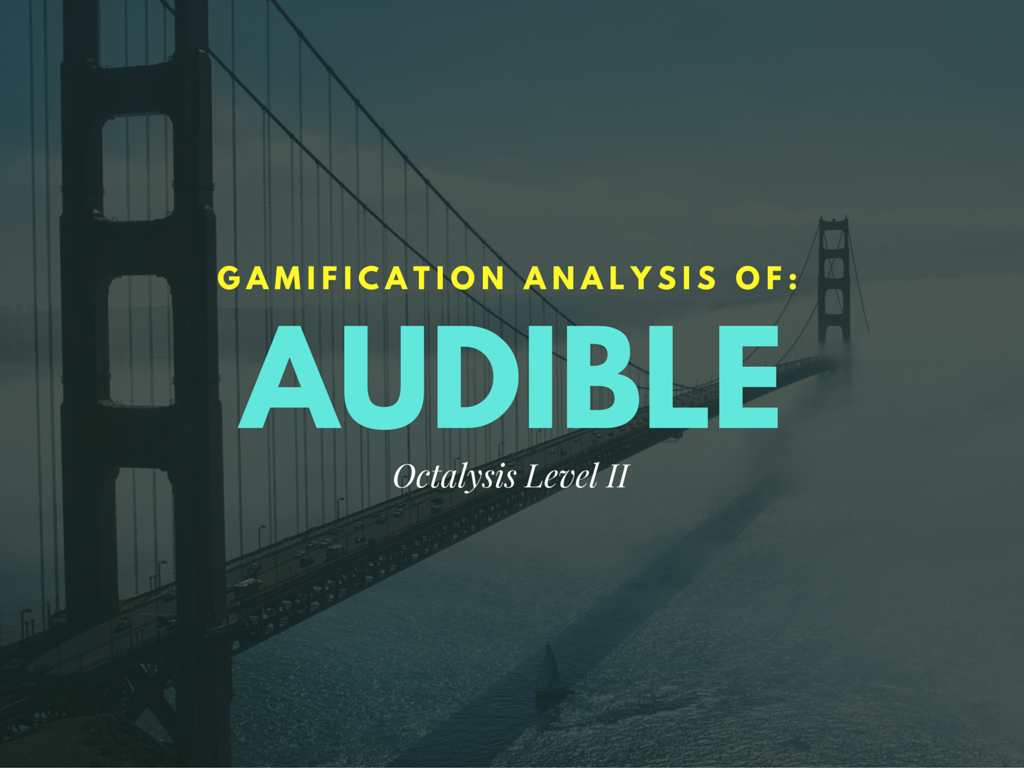This continues the Readalong by Erik van Mechelen of Jane McGonigal’s ‘Reality is Broken’ with insights from Yu-kai Chou’s Octalysis framework.
tl;dr Autotelic activity is the most intrinsically motivating, giving satisfying work, a hope of being successful, social connections, and meaning.
Summary of Chapter 2 – The Rise of the Happiness Engineers
In this chapter, McGonigal makes the case that autotelic activity could be re-engineered into reality. The reason self-chosen activity is good is because it works within Csíkszentmihályi’s Flow theory to product intrinsic rewards like satisfying work, the hope of being successful, social connections, and meaning.
By marrying the science of happiness with emotional evolution of the gaming industry, we can engineer happiness.
This futurist vision stands in large contrast to the current American Dream story, which largely makes people more unhappy.
Analysis
I appreciate identifying the intersection of the science of happiness with the emotional evolution of the gaming industry. This is a clear foundation from which to build or engineer happiness.
I could take issue with the underlying thesis that happiness, loosely defined, is the goal, but if we alter the wording to something like well being then I can follow the argument without complaints.
Csíkszentmihályi’s Flow theory is useful but only up to a point. It does involve the Golden Corner of Core Drive 3: Empowerment of Creativity & Feedback and some post-hoc Core Drive 2: Development & Accomplishment. But Flow by itself doesn’t cover the motivational landscape that I think will help create better outcomes, what Yu-kai terms human-focused design.
I like that McGonigal mentions the field of Positive Psychology and makes a call for games that “focus our energy, with relentless optimism, on something we’re good at and enjoy.”
McGonigal proceeds to invoke David Sudnow’s Breakout, a video game memoir about his experience with the game of the same name, to illuminate autotelic activity. Sudnow’s attention is pulled into the game even when he is not playing. But then he masters the game and is done. McGonigal misses an opportunity here to mention how important Endgame design is in building human experiences. Sudnow sure played a lot of Breakout, but then he quit forever (fortunately he wrote this video game memoir so we knew how enthralled he was by attempting to master it).
Interestingly, McGonigal is enthused by “a seemingly free and endless supply of invigorating activity and every reason in the world to feel optimistic about [one’s] own abilities.”
I’m not so sure on this point. I think there is value in moderate stimulation and getting comfortable with being bored from time to time.
“Too much flow can lead to happiness burnout,” say McGonigal. Allan Reiss, professor of psychiatry and behavioral science at Stanford (and recently mentioned in the Octalysis Prime video Office Hours), studied gamer addiction and fiero. Understanding the balance between what Yu-kai would call White Hat and Black Hat design is important to creating long-term users or gamers.
In the case of the game industry, this is an important point: As McGonigal puts it, “the industry wants to create lifelong gamers: people who can balance their favorite games with full and active lives.”
I can appreciate this point. Gamer regret is real.
McGonigal then uses World of Warcraft’s “resting bonuses” as an example of a good design for this balanced lifestyle, but I’m not so sure. I feel these resting bonuses can as easily create a habit as deter one.
The test then, from McGonigal’s worldview, is to create a experiences with renewable sources of pleasure and accomplishment and flow.
From here, she builds a case for autotelic activity and the intrinsic rewards they bring along:
- satisfying work: being immersed in clearly defined, demanding activities that allow us to see the direct impact of our efforts (CD3)
- the experience, or at least the hope, of being successful (CD2)
- social connection (CD5)
- meaning (CD1)
McGonigal concludes that the scientific research backs up that “self-motivated, self-rewarding activity really does make us happier.”
What do you think?









